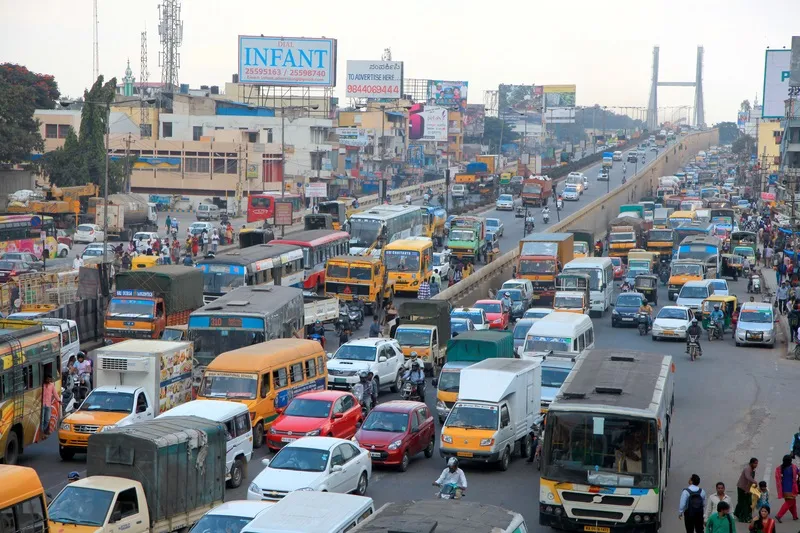
This is the ninth year the firm has announced its Traffic Index, and the 2019 version covers 416 cities across 57 countries on six continents and ranks urban congestion worldwide.
It is of note that Indian cities figure regularly in the TomTom Traffic Index, reflecting the growth in vehicle numbers in the country.
The figures show that the Indian city of Bengalaru (Bangalore) ranks as the worst in the world, with a congestion level of 71%, followed almost immediately behind by Manila, capital of the Philippines, also with 71% congestion. Colombia’s capital Bogota is in third place, with 68% congestion while the Indian cities of Mumbai and Pune are fourth and fifth with congestion levels of 65% and 59% respectively.
Russian capital Moscow retains its place in the top 10 worst cities for traffic delays in sixth place, followed by Peru’s capital Lima in seventh place. Next comes India’s capital New Delhi in eighth place, Turkey’s commercial centre Istanbul in ninth place and Indonesia’s capital Jakarta in 10th place.
In 11th place is Thailand’s capital Bangkok, with Ukraine’s capital Kiev in 12th place, Mexico’s capital Mexico City in 13th place and Romania’s capital Bucharest in 14th place.
Of note, too, is how many capital cities rank poorly for congestion, though some have fallen out of the top 10 worst, such as Bangkok and Mexico City. With the latter in particular, it may be that the efforts by the city authorities to cut congestion by developing public transport and building new road links may finally be helping to turn the tide in reducing traffic delays.







